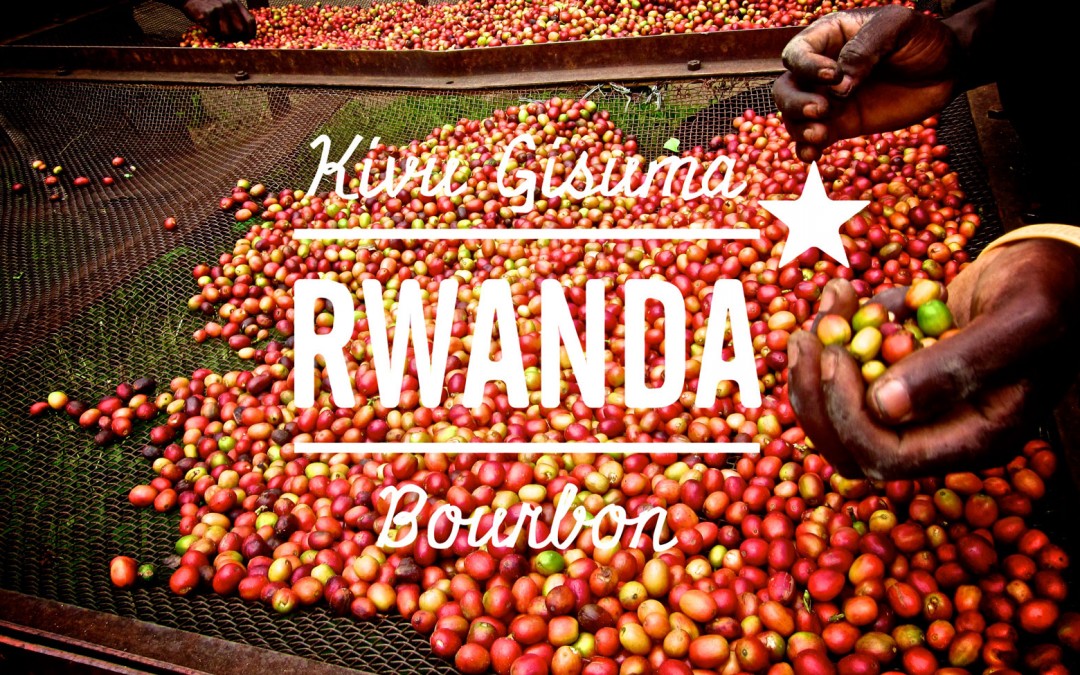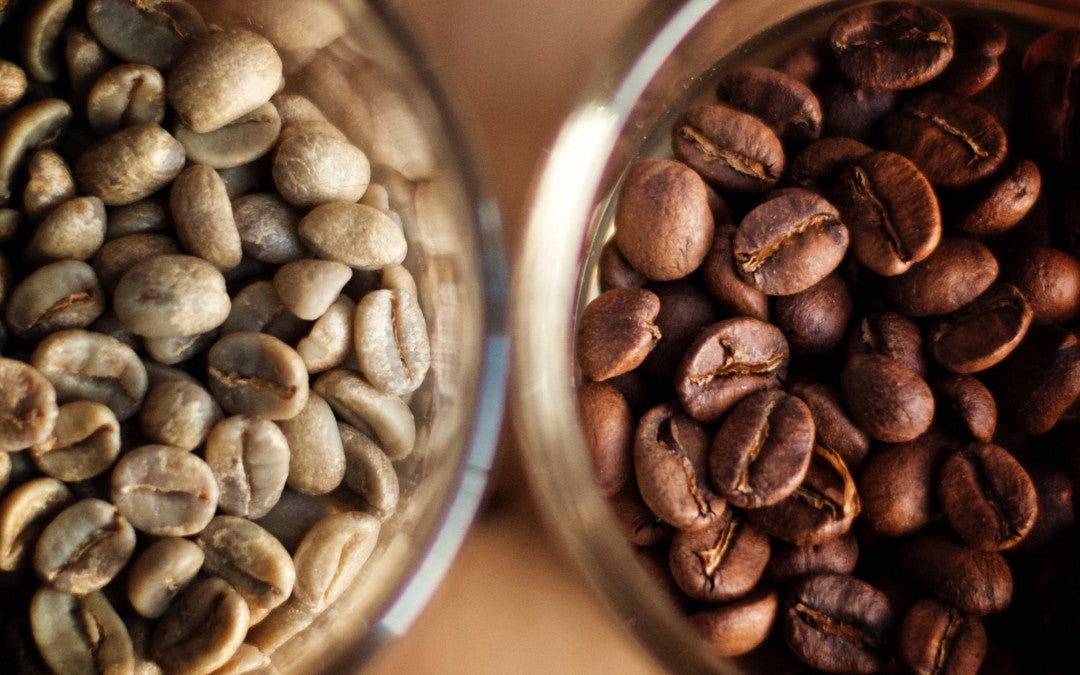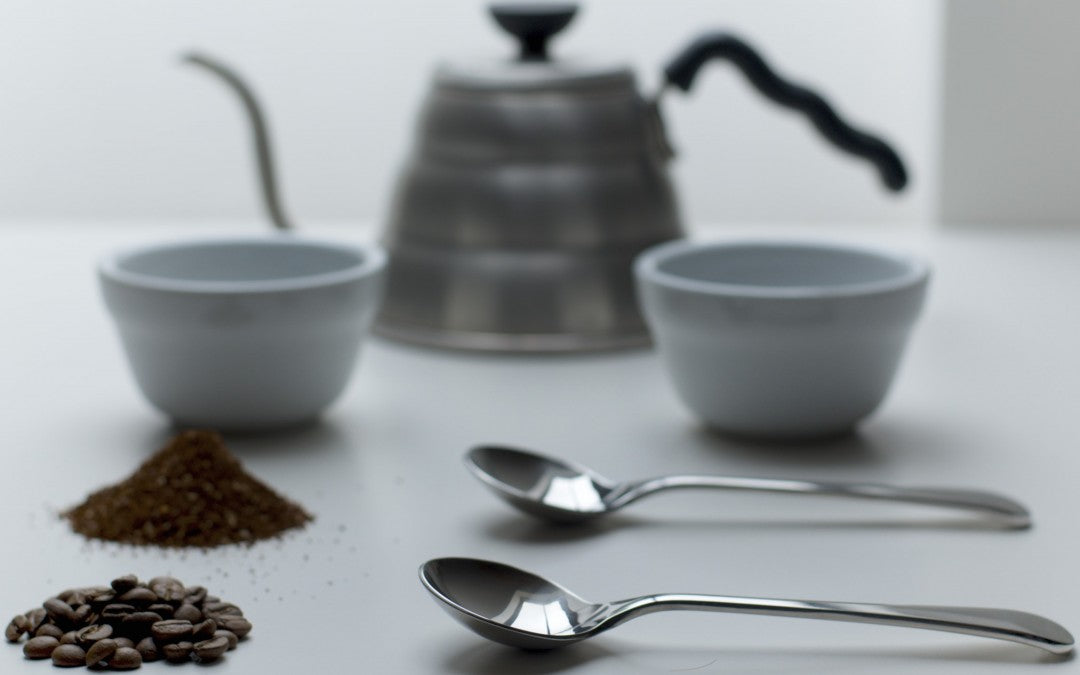Rwanda: Kivu Gisuma
We are very excited to bring this delicious coffee to the shop! A firm favourite with everyone at Method Roastery, this bourbon is full of exciting flavours, from citrus and plums, to chocolate notes with hints of spice.
As always we only source coffee that will offer something different and special, and we love to share each coffee’s story as we believe this adds to the appreciation of our daily cup. Take a look in the shop to find out more about where this wonderful Rwandan bean was grown. You will also see a summary of what has influenced the coffee’s flavour – from the altitude it was grown at, to the way it was processed.
For those of you who would like a more in-depth look at where this lovely bourbon coffee comes from, and how speciality coffee is playing a key role in supporting development in rural Rwanda, read on …
The Gisuma Co-operative
This Rwandan coffee comes from the Gisuma co-operative and has been sourced through one of our import partners, Falcon Specialty. The Gisuma co-operative is supported by the non-governmental organization (NGO) Technoserve.
In the rural community of Gisuma in western Rwanda, local farmers once struggled to earn a living from coffee. The climate and soil were ideal, but poor farming and processing techniques left the farmers with low prices at market. The nearest wet mill, a mechanized station for processing coffee, was more than seven miles away. To avoid transportation costs, many farmers processed the coffee at their homes, the process was labour-intensive and generated low-quality coffee.

In 2009, TechnoServe worked with Gisuma’s farmers to band together and form a cooperative. They helped the new business secure a loan and build a wet mill to process the farmers’ coffee. Their advisors worked with the cooperative to develop business skills and connect to specialty coffee buyers, like us, who pay a higher price. At the same time, TechnoServe helped train farmers in good farming and harvesting techniques.
Gisuma’s coffee has since earned the bronze medal at the Rwanda Cup of Excellence competition, which honours the country’s highest-quality coffees. The quality improvements have been rewarded with higher prices from buyers.
As a result, the average farmer earns 45 percent more for her coffee. All 196 members now have health insurance and bank accounts, and members have spent their earnings on livestock, new homes and education for their children.
Speciality coffee in Rwanda
Rwanda has been hailed as a textbook example of entrepreneurship driving development and economic growth. Economic growth averaged at 8% between 2006 and 2010. Over the same period, national poverty rates dropped by 12%.
Speciality coffee production has played a key part in Rwanda’s economic recovery, particularly in rural areas The focal point in Rwanda’s new specialty coffee infrastructure are the coffee mills, or coffee washing stations. Since the early 2000s, NGOs and International donors have helped create this infrastructure. By 2010 there were 188 washing stations in operation. Specialty coffee accounted for 12% of all Rwandese coffee sold on the international market in 2006, and by 2010 about 20% of all coffee sold was specialty coffee.
Footnote:
Technoserve are a non-profit organization that supports and develops business solutions to poverty by linking people to information, capital and markets; learn more here. To find out more about speciality coffee’s role in Rwanda’s economy look here.





Leave a comment
This site is protected by hCaptcha and the hCaptcha Privacy Policy and Terms of Service apply.